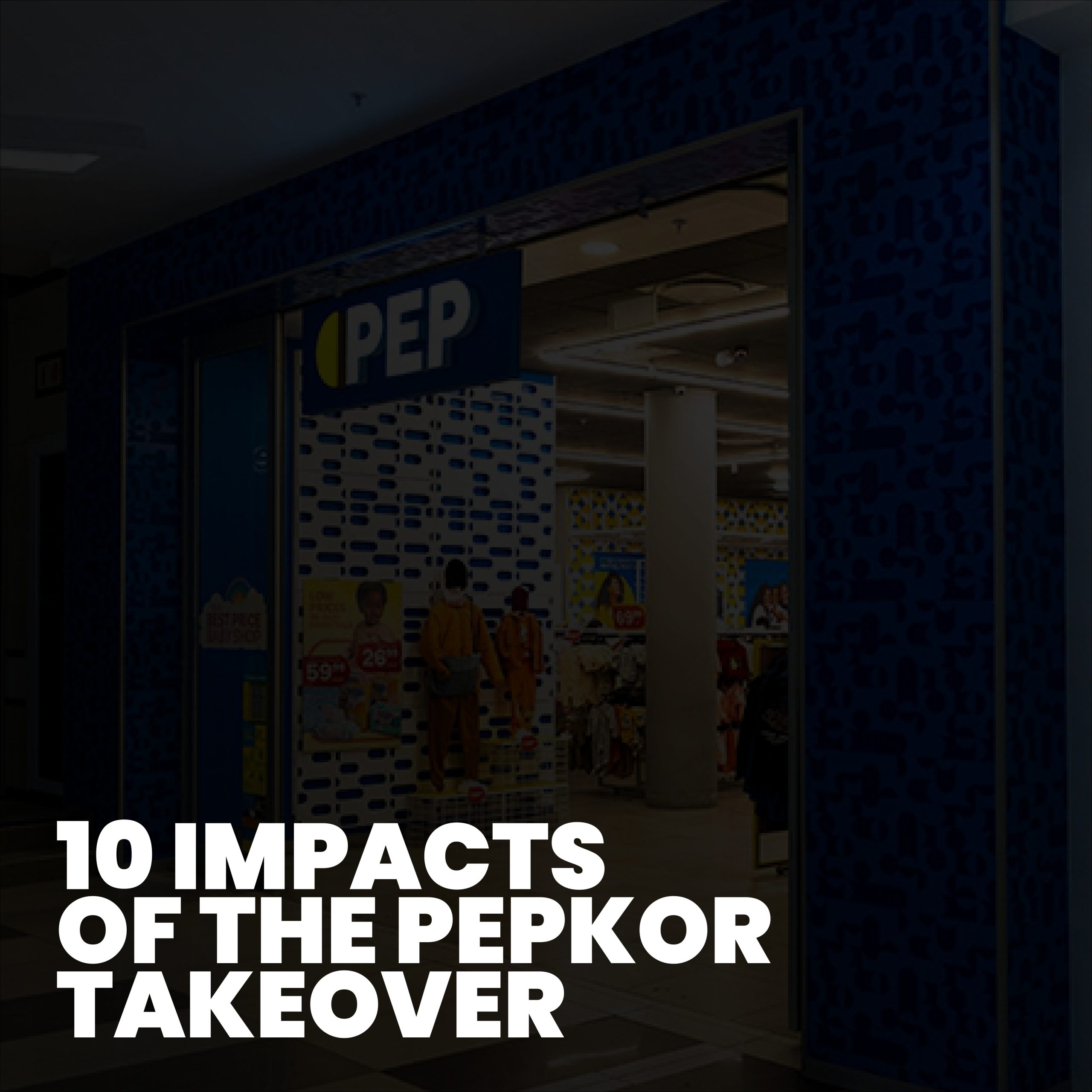Introduction
The Google Settlement has become one of the most influential digital policy developments in South Africa, marking a major shift in how global tech platforms engage with local news publishers. Following a detailed regulatory inquiry, Google agreed to compensate South African media organizations with R688 million over several years. This move comes at a time when the journalism sector faces declining revenue, rising AI disruption, and intense competition from influencer-driven content. Traditional publishers have struggled as audiences migrate toward TikTok, Instagram, and other social-first platforms. The settlement aims to correct long-standing imbalances in the digital ecosystem and provide targeted support for struggling newsrooms. This article outlines the powerful lessons, implications, and opportunities created by the settlement.
Google Settlement and the Financial Boost for Local Publishers
The Google Settlement provides a significant financial lift for South African publishers that have faced years of financial strain. As advertising revenue declined and digital referral traffic weakened, many newsrooms struggled to maintain staff, produce investigative journalism, or invest in technological upgrades. The R688 million allocation will be delivered through grants, licensing agreements, training initiatives, and newsroom support programs. This funding is expected to help publishers modernize their digital operations, improve content quality, and diversify their business models. Smaller community outlets, which often operate with minimal resources, will gain access to funding that can help them expand coverage and strengthen digital infrastructure. For large publishers, the settlement offers opportunities to enhance multimedia reporting, invest in video storytelling, and adopt new technologies. The financial injection does not solve every challenge, but it provides vital support for rebuilding a sustainable news ecosystem.
Google Settlement and the Regulatory Framework Behind It
The Google Settlement is the outcome of South Africa’s Media and Digital Platforms Market Inquiry, which examined whether global platforms unfairly benefited from news content. Regulators found that Google’s search engine frequently displayed previews and snippets that reduced click-through rates to original publisher websites. This diminished traffic directly affected advertising revenue streams for publishers. The inquiry also highlighted rising concerns around AI-generated content, lack of algorithm transparency, and unfair competition for visibility. After months of analysis, the Competition Commission concluded that Google must compensate publishers and implement mechanisms to support the sustainability of local journalism. The settlement therefore represents both a financial remedy and a policy milestone. It strengthens regulatory oversight and asserts that global platforms must operate responsibly in local economies. South Africa’s approach mirrors broader international efforts to address digital market imbalances.
Google Settlement and Evolving News Consumption Trends
The Google Settlement emerges in a media environment where South Africans increasingly consume news through short-form videos, influencers, and social feeds. The Reuters Institute’s 2025 Digital News Report confirms a major shift toward TikTok-driven consumption, where news is bundled with entertainment, reaction videos, and personality-led commentary. Traditional news websites are no longer the primary gateway for younger audiences. This shift has reduced referral traffic from Google Search, intensifying pressure on established publishers. The settlement aims to help publishers adapt to these trends by enabling investment in new formats, including vertical video, interactive storytelling, visual explainers, and mobile-first design. Additionally, Google has committed to tools that improve visibility for local news sources within search. While social-first consumption is unlikely to decline, the settlement ensures that professional journalism retains relevance in an increasingly fragmented media ecosystem.
Google Settlement and Fair Value Exchange Between Tech and Media
The Google Settlement highlights a global debate about how digital platforms should compensate the creators of the content they display. Publishers worldwide have long argued that platforms extract economic value from journalism while offering minimal financial return to the newsrooms that produce it. South Africa’s settlement pushes Google toward a fairer value exchange model. Google must license content, increase transparency around how news is ranked, and ensure publishers receive better data on audience behavior. These reforms help publishers understand how content performs and how to improve digital strategies. In parallel, the settlement reinforces the idea that journalism is not merely content—it is a public good that requires investment. The structured compensation and improved collaboration tools reflect a growing global expectation that tech platforms must support the sustainability of news ecosystems.
Google Settlement and Opportunities for Community and Vernacular Journalism
The Google Settlement places meaningful focus on community and vernacular-language publishers, which serve audiences often overlooked by mainstream media. Community outlets play a vital role in covering local issues, municipal governance, and stories that affect small towns and rural areas. Many of these publishers lack financial stability and digital resources. The settlement allocates funding and training programs specifically for these smaller outlets, enabling them to upgrade their websites, strengthen mobile presence, and produce more diverse content. Vernacular journalism—critical for cultural preservation and accessibility—will receive tools and support to modernize. Languages such as isiZulu, isiXhosa, Sesotho, and Setswana are expected to gain stronger representation online. Strengthening community publishers improves media diversity and helps ensure that all South Africans, regardless of location, have access to trustworthy information.
Google Settlement and Digital Innovation Across Newsrooms
The Google Settlement encourages publishers to embrace digital innovation as a long-term growth strategy. With additional funding and analytics support, newsrooms can experiment with modern formats that resonate with digital audiences. These include podcasts, mini-documentaries, explainer reels, carousel visuals, and AI-assisted storytelling tools. Publishers can also invest in website optimization, improving page load times, mobile responsiveness, and overall user experience. Google’s training programs will help journalists learn advanced digital skills such as data-driven reporting, multimedia journalism, and SEO strategy. Innovation also extends to business models—publishers may test subscription tiers, membership programs, premium video content, and branded editorial partnerships. By incentivizing experimentation, the settlement accelerates the media sector’s evolution and pushes publishers to adapt to the rapidly shifting digital landscape.
Google Settlement and Reactions Across Social Media and Creator Communities
The Google Settlement has sparked wide-ranging reactions among journalists, content creators, and digital influencers. Established publishers view the deal as overdue recognition of journalism’s value in the digital space. Many editors expressed relief that financial support is arriving at a time when newsroom layoffs and cutbacks were becoming more frequent. On social media, creators and influencers offered mixed but generally positive feedback. Some celebrated the settlement as a win for credible journalism, while others questioned whether national publishers would dominate funding distribution. Influencers also noted that strong journalism provides reliable sources for creating educational and commentary-driven content. The overall reception shows that both professional reporters and online creators acknowledge the importance of balanced digital ecosystems where credible journalism and creative storytelling can coexist and thrive.
Google Settlement and Long-Term Sustainability in the Media Sector
The Google Settlement has the potential to reshape long-term sustainability strategies for news organizations. The temporary funding period offers an opportunity for publishers to build stronger financial foundations through diversified revenue models. Newsrooms can now invest in premium membership programs, exclusive digital content, and data-driven audience growth strategies. Google’s commitment to greater data transparency will help publishers understand reader habits, optimize content, and improve retention. Sustainability also depends on publishers embracing new production methods, such as automated workflows, mobile-first design, and AI-enhanced editing tools. While the settlement provides crucial support, the ultimate goal is for newsrooms to become independent, stable, and technologically advanced. The settlement encourages publishers to think strategically about the future while reducing reliance on traditional advertising-based models.
Google Settlement and AI’s Growing Impact on News Distribution
The Google Settlement arrives alongside rapid developments in AI-driven content distribution. Generative AI tools can summarize news, offer direct answers to search queries, and even produce automated content. While these tools improve user convenience, they reduce click-through traffic to publishers, threatening their monetization models. The settlement addresses these concerns by introducing rules to protect original journalism from being overshadowed by AI summaries. Google will provide more visibility for local publishers, ensure fair linking to sources, and prevent AI tools from replacing original reporting. Publishers will also receive opportunities to use AI responsibly within their newsrooms. This includes transcription tools, content tagging systems, data visualization software, and automation that supports efficiency. AI represents both a challenge and an opportunity—and the settlement helps publishers prepare for its expanding influence.
FAQs
Q1: What does the Google Settlement aim to achieve in South Africa?
The Google Settlement aims to support publishers through funding, licensing, and digital development.
Q2: Who benefits from the Google Settlement funding?
The Google Settlement benefits national, local, community, and vernacular-language publishers.
Q3: How will AI be managed under the Google Settlement?
The Google Settlement includes safeguards ensuring AI tools do not overshadow original reporting.
Conclusion
The Google Settlement marks a transformative moment for South Africa’s digital media ecosystem. By allocating R688 million to support local journalism, Google acknowledges the essential role that publishers play in society. The settlement strengthens financial stability, encourages digital innovation, and promotes fairness between tech platforms and content creators. As the media landscape evolves through AI, social platforms, and shifting audience habits, this agreement offers publishers a vital opportunity to modernize. It reinforces a future where strong journalism can thrive alongside technological progress.




